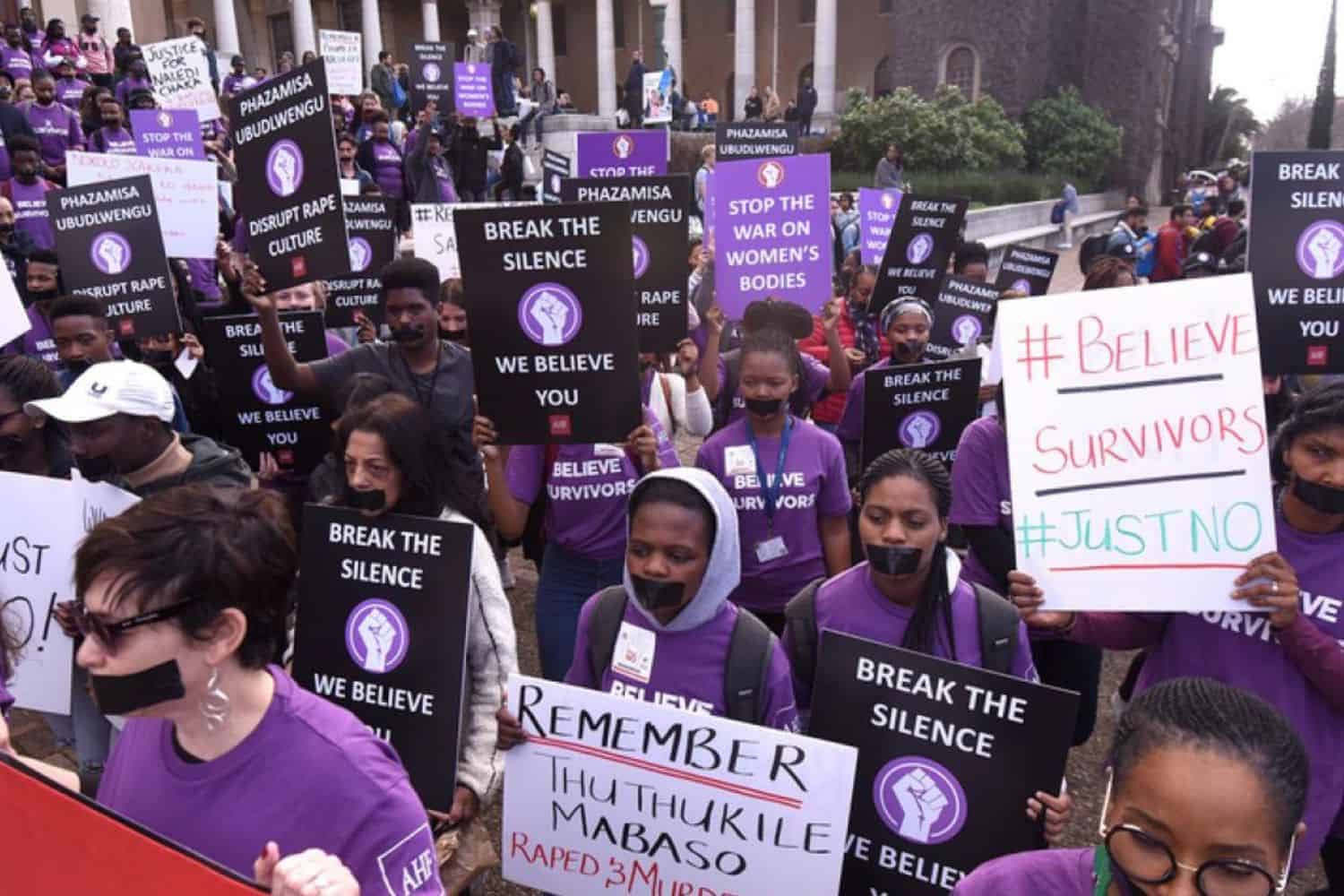Ramaphosa promised to fight GBV, but years later there are still no public reports, no transparency and no accountability

Women For Change has vowed not to stop until government declares gender‑based violence and femi‑ cide (GBVF) a national disaster.
‘Existing frameworks that have failed us’
Last week, the organisation handed over a petition at the Union Buildings, only to have it rejected by the National Disaster Management Centre (NDMC), which claimed existing frameworks were sufficient.
But activists argue those very systems have failed – five years after R21 billion was promised by President Cyril Ramaphosa to fight GBV, there are still no public reports, no transparency and no accountability, while 5 578 women were murdered in a single year.
“These are the very systems and existing frameworks that have failed us,” said the NDMC. “This is not a functioning system; this is a national crisis.”
ALSO READ: GBV national shutdown: Activists stand strong as critics slam purple ‘keyboard warriors’
National shutdown
The organisation reminded citizens to wear black to stand in mourning and resistance on Friday by joining in a move to bring South Africa to a standstill by lying down for 15 minutes at 12pm to honour the 15 women murdered every day.
Last Friday, the petition reached a million signatures, a week ahead of the planned shutdown on 21 November, the day before the G20 leaders summit.
ANC secretary-general Fikile Mbalula was also criticised on social media for suggesting the planned nationwide protests against GBVF should be postponed until after the summit.
Urgent need to address GBV
Criminal law expert Cornelia van Graan said this initiative is an important and crucial one.
“This is a call to action and anyone can participate wherever they find themselves. Not by protesting in the streets, but by simply withdrawing their labour for the day,” said Van Graan. “This will show the economic impact the absence of women has. This is a brilliant and timely concept.”
She said there is an urgent need to address GBV and crime.
ALSO READ: Wits University responds to GBV protests amid national shutdown calls
Rural criminologist Witness Maluleke said GBV should be prioritised urgently.
“More should be done to redress the GBV scourge, with a disclaimer that no gender is immune to this practice; we are all susceptible to it,” said Maluleke.
“We should collectively work against it. Overall, this movement showcases the seriousness of attempting to tackle it as a nation; it is an attempt that should be commended, with more emphasis placed on introducing new strategies and strict implementation mechanisms.
“This should be urgently prioritised, while ensuring that awareness sessions of this nature are commonly staged across the country.”
READ NEXT: True solidarity requires more than symbols
Support Local Journalism
Add The Citizen as a Preferred Source on Google and follow us on Google News to see more of our trusted reporting in Google News and Top Stories.








